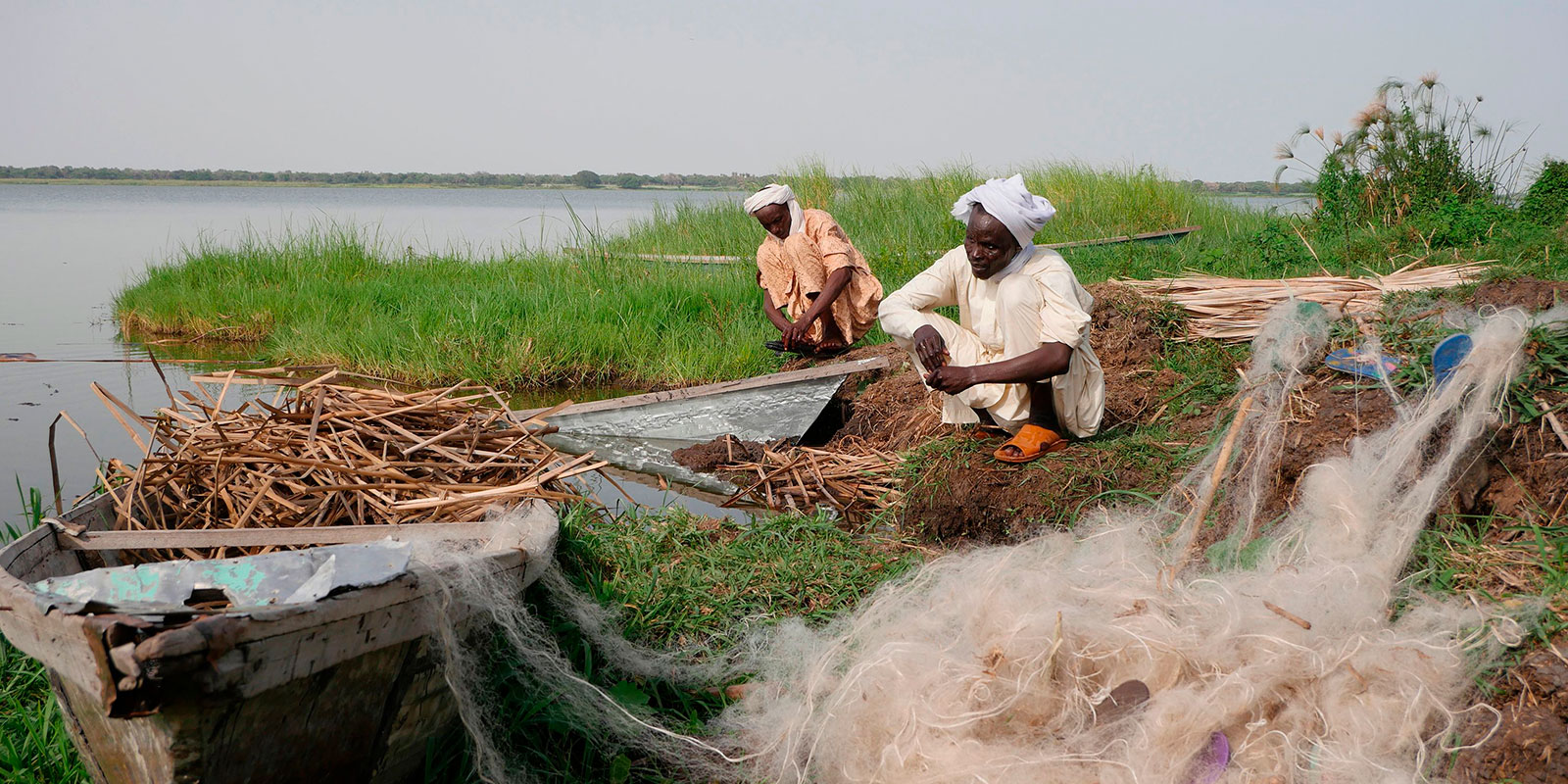Lake Chad is today a region in crisis: millions of people are no longer able to live in their homes. They form the teeming masses of both refugees and internally displaced persons (IDPs) who roam between Cameroon, Chad, Niger and Nigeria. These are people who have limited access to necessities, including food, opportunities for livelihoods, and general health and mental care. Thousands of women are exposed to gender-based violence and, for some, their bodies have become part of the battlefield – suffering at the hands of both insurgents and, in some cases, their protectors and caregivers, including the security personnel in the camps in which they find themselves. Access to reproductive services, even in instances of rape, is often non-existent.
The onset of COVID-19 has come with numerous challenges, only one of which is health. Communities in the Lake Chad region, especially in north-east Nigeria, found themselves facing draconian lockdowns that further marginalised and stigmatised them. Many were left without direct access to their farms or resource-gathering activities, while humanitarian facilities and basic services became limited or stopped completely. Incidences of violence and abuse increased. Some found themselves sandwiched between insurgent groups and insensitive state services, which often lacked compassion and further aggravated the existing problems.
Communities across the Lake Chad region, having lived through a decade marred by conflict and unrest, have developed remarkable resilience to cope with the trifecta of climate change, conflict and the #COVID19 pandemic
Tweet
Communities are increasingly being expected to deal with an unravelling situation that is not of their own making. The collapse in public health infrastructure has meant that our most vulnerable citizens are expected to keep themselves healthy, while being marginalised from preventative measures such as handwashing, as most are without access to water, basic sanitation or face masks. In addition, Boko Haram is exploiting an obvious gap in messaging and is manipulating religion to encourage social gatherings, especially congregational prayers, presenting these as a duty for all pious Muslims, thus undermining the state’s attempt to encourage social distancing.
Nevertheless, communities across the region, having lived through a decade marred by conflict and unrest, have developed remarkable resilience. Even in the poorest communities, many are harnessing technology, especially mobile telephony, to develop formal and informal early warning and early response mechanisms to flag insecurity and protect their residents. In north-east Nigeria, a traditional, ancient form of dispute resolution, called Sulhu, is becoming one of the preferred ways to resolve disputes. This method relies on members of the community coming together to air their disputes and working collaboratively to reach consensus. As insurgent groups continue to prevent access to farmlands, communities are working together to form cooperatives and share spaces, tools and knowledge to increase livelihood opportunities.
In Maiduguri, the capital of Borno State in north-east Nigeria, a programme called Counselling on Wheels is providing psychological care in some of the most inaccessible places, housing the most vulnerable. This programme empowers communities on how to form support groups to deal with psychological trauma, anxiety and depression. Mental health in conflict, and during a pandemic such as COVID-19, is a public health issue that should top our response agenda. However, there is currently little global capacity to respond to this systematically.
In addition to its health challenges, COVID-19 has wrought considerable economic damage on the region. Funding from donors has reduced considerably, forcing many non-governmental organisations (NGOs) that communities relied upon to close or reduce their services, while the government’s capacity to respond to the needs of its citizens is also incapacitated, giving room for potential social unrest. Communities have been forced to find adaptive ways to grow and thrive, despite the multiple threats that they face. However, we cannot continue to take for granted the increasing resilience of communities to cope. Governments need to be much more responsive in dealing with the double threat of insecurity and COVID-19. Both will be with us for a considerable time to come, and we might not be able to rely on existing resilience alone to keep the peace.
Dr Fatima Akilu is the executive director of the Neem Foundation.

